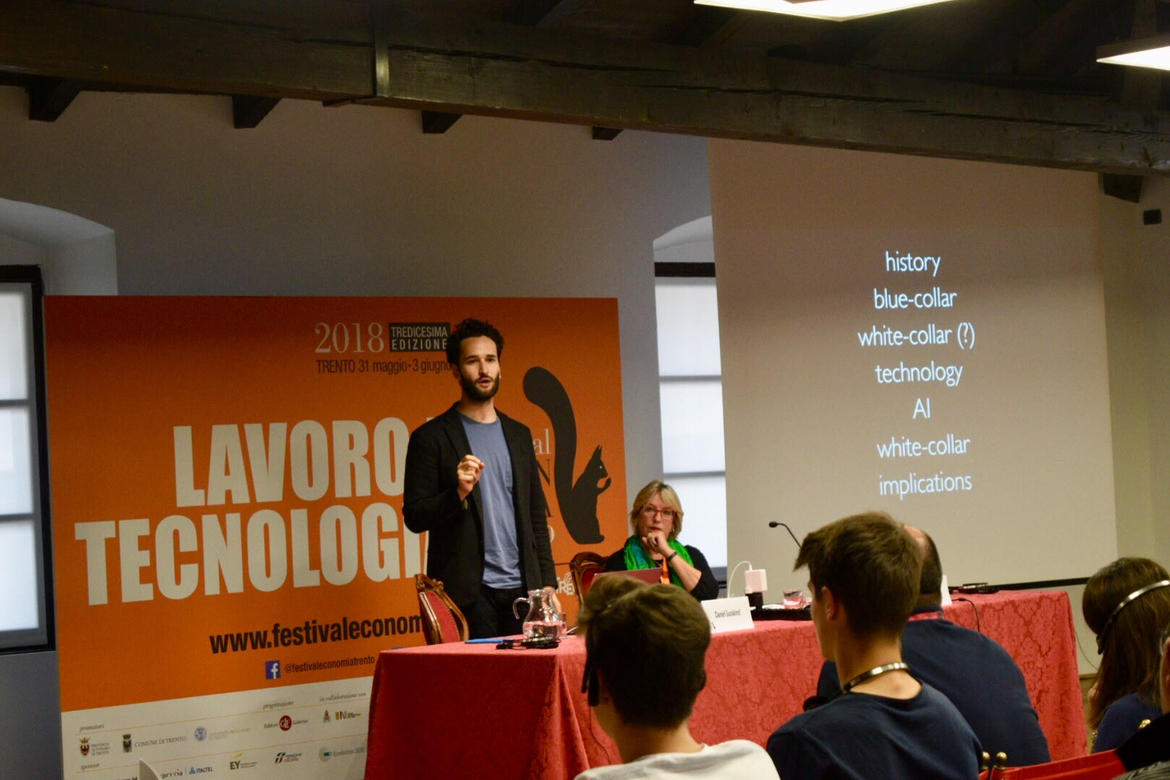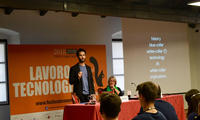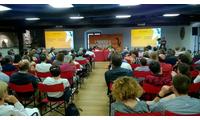
The Artificial Intelligence (AI) we know today is unrecognizable from the first attempts of AI in the 1980s under the first wave. In the first wave of AI, systems were known as “expert systems” and were built by identifying a human expert, getting that expert to explain how they solve problems, and capturing their problem solving techniques into a decision tree so that a computer could learn to make decisions much like the expert. The turning point in AI was in 1997 when the IBM AI machine known as Deep Blue beat world chess champion Garry Kasparov in a chess match. Deep Blue won by using large sets of data to predict millions of plays in a matter of seconds when Kasparov could merely predict 100. AI transformed the moment it shifted away from using human experts and instead towards data sets and processing to create patterns through algorithms. By treating the machine as a machine, rather than through the human mindset based on intangible things such as creativity, intuition, and experience, AI was able to develop and grow past what any developer in the 1980s could have dreamt of.
During his presentation, Susskind declared the provocative “no finish line in sight” to communicate the unimaginable ways AI will continue to develop in the future. The important point he did bring up is the potential barriers to entry brought on by transparency, questions of morality, and accountability. In terms of transparency, users of AI will want to know how these machines come to the conclusions they do and how their data is being used to help the machine predict answers and solve problems for society. Another concern for users of AI technology is the moral argument that machines should not be given the power to make decisions on matters typically associated with human work involving reason, judgement, or empathy. For example, today AI machines can help hospitals and nurses with operational challenges, but will one day a machine decide on who stays on or who is taken off life support? For accountability, legal mechanism will have to answer the question of “who is responsible?” as the capabilities of machines continue to grow such as who gets the speeding ticket on a self driving car.
For Susskind, there is no doubt that the capabilities of AI technology will only enhance, but at what speed will depend on users concerns of morality and transparency and legal roadblocks potentially posed by governments.
Watch the interview with Daniel Susskind: https://youtu.be/XSmByxQUTug
Website: https://2018.festivaleconomia.eu/home
Twitter: https://twitter.com/economicsfest
Facebook: http://www.facebook.com/festivaleconomiatrento
Instagram: https://www.instagram.com/festivaleconomia/









